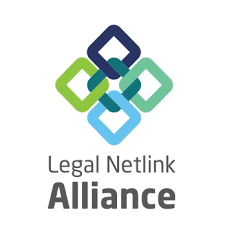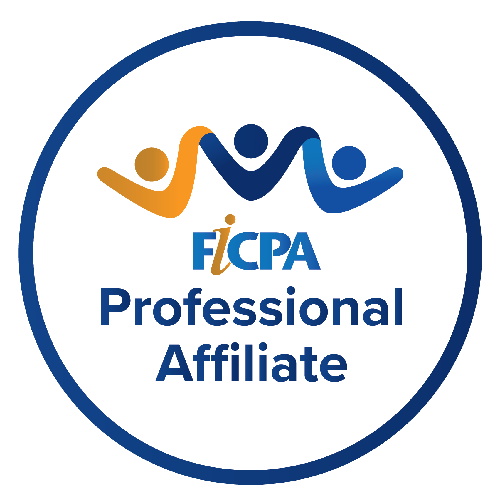Foreign individuals or foreign business entities who receive passive income from U.S. sources, such as interest, dividends, rents, or royalties, but do not perform services in the U.S., generally need to file Form 1040-NR, “U.S. Nonresident Alien Income Tax Return.” The Internal Revenue Service (IRS) offers helpful instructions for filling out Form 1040-NR, including who must file the form. However, the line instructions identify specific exceptions to the instructions. Some of these exceptions include, but are not limited to, marital status of nonresident aliens, limitations on tax benefits based on citizenship, and special instructions for trusts and estates. It is also important to note that this form is updated each year and specific instructions on filing requirements exist.
Hiring an experienced attorney can be extremely helpful in determining method of filing, exception qualifications, and proper instructions regarding a 1040-NR.
What Are Royalties?
Royalties are payments derived from the use of a valuable right of a tangible or intangible property. Various industries can be subject to royalties such as music, film, photography, books, software, patents, trademarks, sports, and franchises. Royalties should be reported as a business income and are often portions of sales, such as 10% of all sales of a musician’s album.
Who is Subject to Paying Taxes on U.S. Royalties?
Examples of foreign persons who may be subject to paying taxes on U.S. royalties are musicians or composers who receive public performance royalties from U.S. publishers, or even a foreign athlete, who receives compensation from endorsements. Passive income from U.S. sources, like performance royalties not tied to a U.S. business, is taxed at a 30% default rate for non-resident aliens. The payer of the royalties (and withholding agents) needs to deduct and withhold the tax at the default rate.
What You Need to Pay Taxes on U.S. Royalties:
Tax forms for reporting royalties received from U.S. sources include: Form 1042-S (“Foreign Person’s U.S. Source Income Subject to Withholding”) and Form 1040-NR (“U.S. Nonresident Alien Income Tax Return”). Tax rates may be reduced under applicable treaties.
Foreign persons receiving royalty income from U.S. sources are required to provide a Tax Identification Number (TIN), such as Individual Taxpayer Identification Number (ITIN), or an Employer Identification Number (EIN).
Foreign contractors who perform work for U.S. entities and are not U.S. citizens or residents (ex: foreign artists on a U.S. tour), may be asked to provide a Form W-8BEN, “Certificate of Foreign Status of Beneficial Owner for United States Tax Withholding and Reporting” for individuals, or for foreign entities, Form W-8BEN-E, “Certificate of Status of Beneficial Owner for United States Tax Withholding and Reporting.” These forms are used by foreign contractors to establish that they are not U.S. persons, to claim tax treaty benefits if applicable, and to report the correct withholding tax rate to be applied to payments made to them by U.S. entities. Additionally, state tax obligations may apply in addition to federal tax obligations depending on where the royalties are generated.
Those paying international royalties tax have the option to reduce their U.S. tax liability by claiming these taxes as a foreign tax credit deduction. While this varies depending on which country the foreign taxpayer lives in, finding out your country’s foreign tax reduction rate is highly important.
It is important to note that tax situations for foreign persons can be complex due to various U.S. tax laws and international treaties, so it’s always advisable to consult with a tax professional or an attorney with expertise in international tax law for personalized guidance.
Have questions about your legal situation with royalties or services income in the U.S.? Contact EPGD Business Law today for a free consultation.
Information provided for educational purposes, not legal advice*







